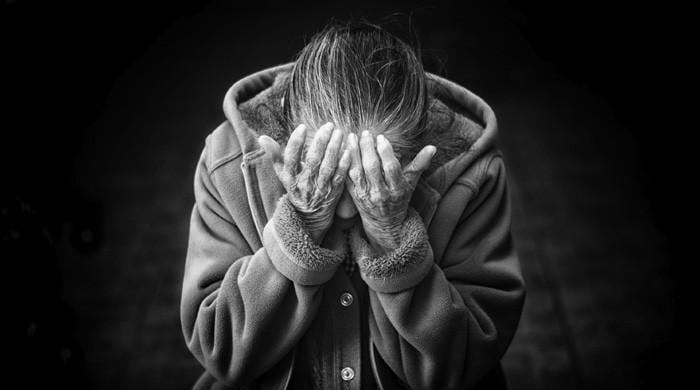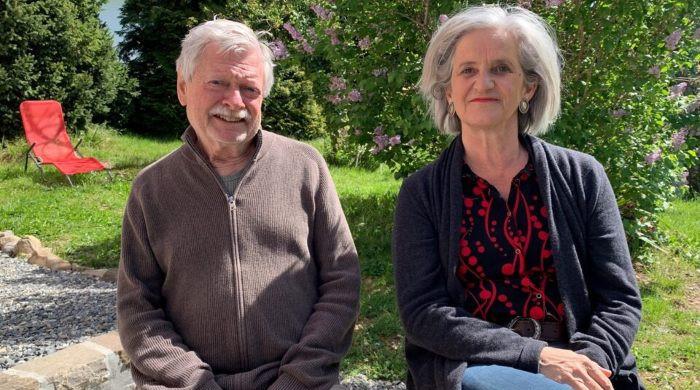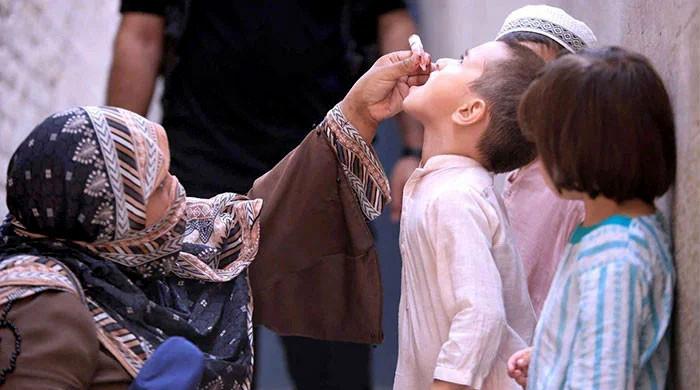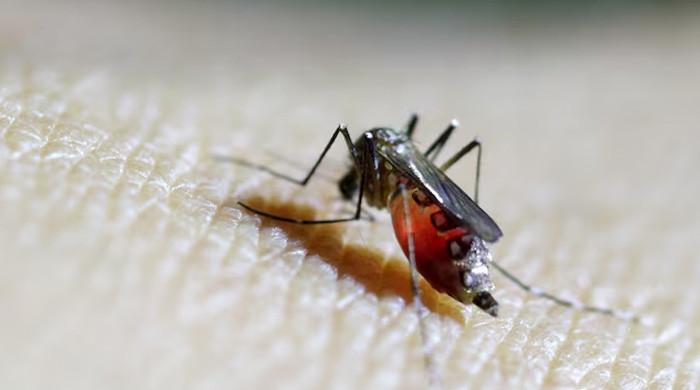Weak thigh muscles tied to knee osteoarthritis in women
At the start of the study, participants were 61 years old on average
February 18, 2017
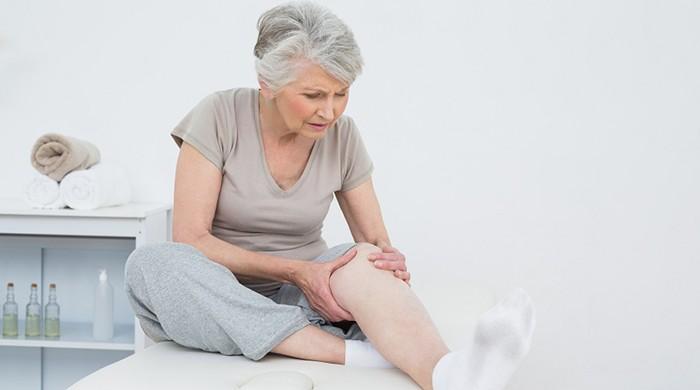
Women with weaker thigh muscles may be more likely to develop knee osteoarthritis, a recent study suggests.
When women had less strength in muscles known as the knee extensors, or quadriceps, which help straighten the leg for standing, climbing and kicking, they were 47 percent more likely to develop knee arthritis than women who had stronger knee extensors, the study found.
Weakness in the knee flexor muscles on the back of the legs, also known as hamstrings, was associated with 41 percent greater odds of knee osteoarthritis in women.
Thigh muscle strength didn't appear to influence the risk of knee osteoarthritis for men, researchers report in Arthritis Care and Research.
"While our recent study has highlighted the important role of strong thigh muscles in reducing the risk of knee osteoarthritis development, particularly in women, it is not possible to guarantee that having strong thigh muscles will protect women from developing knee osteoarthritis because there are many other factors that play into the disease," said lead study author Dr. Adam Culvenor, a researcher at Paracelsus Medical University in Salzburg, Austria.
"Nevertheless, our results suggest that optimizing quadriceps and hamstring strength may help to lower the risk of developing knee osteoarthritis," Culvenor added by email.
For the study, Culvenor and colleagues examined data from MRIs of thigh muscles and muscle strength tests for 186 adults with knee osteoarthritis and another 186 without the condition.
Because obesity is independently associated with an increased risk of knee osteoarthritis, researchers also examined data on participants' weight relative to their height, a measure known as body mass index (BMI).
At the start of the study, participants were 61 years old on average.
Even after adjusting for BMI, women with weaker knee extensor muscles were 33 percent more likely to have knee osteoarthritis, and women with weaker flexor muscles were 28 percent more likely to develop knee arthritis.
With men, even after researchers accounted for BMI, they still didn't find a statistically meaningful association between thigh muscle strength and knee arthritis.
While the role of thigh muscle weakness as a risk factor for knee osteoarthritis is not fully understood, the quadriceps can help prevent the development and progression of this knee condition by acting as shock absorbers and stabilizers for the knee, Culvenor said.
Without strong quadriceps muscles, more stress is placed on the cartilage within the knee, and this has been suggested to induce a degenerative process, wearing down of the cartilage and ultimately osteoarthritis, Culvenor added.
The different results between men and women could be explained by the muscles’ response to greater body mass, Culvenor said. In men, a greater body mass was associated with increased muscle strength, whereas muscles didn’t respond and get stronger in women with a greater body mass.
"This is likely because muscles in men with greater body mass have more contractile tissue and strength, whereas in women with greater body mass more non-contractile adipose tissue is deposited within the muscle and hence cannot produce as much force," Culvenor said.
Limitations of the study include the lack of an exact measurement of voluntary muscle activation to determine thigh muscle strength or a precise assessment of intramuscular fat, the authors note. Both of these details might help explain differences between men and women in the study.
Still, the results make sense because muscle strength, body structure and usage of the joint affects the odds that knee osteoarthritis will develop as well as its severity, said Dinesh Bhatia, a researcher at North Eastern Hill University in Meghalaya, India, who wasn't involved in the study.
"If the muscles are weaker people try to overcompensate using their normal muscles for a certain period of time, after which it can no longer handle the stress/ strain and gives in," Bhatia said by email. "Hence, therapists advise muscle strengthening and other techniques to reduce overburdening of the joint and avoid or reduce knee osteoarthritis pain."




